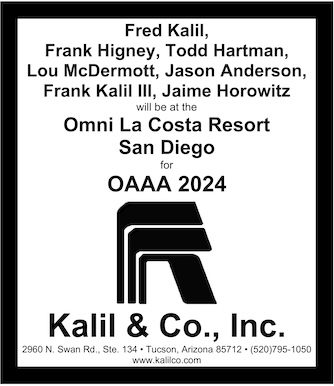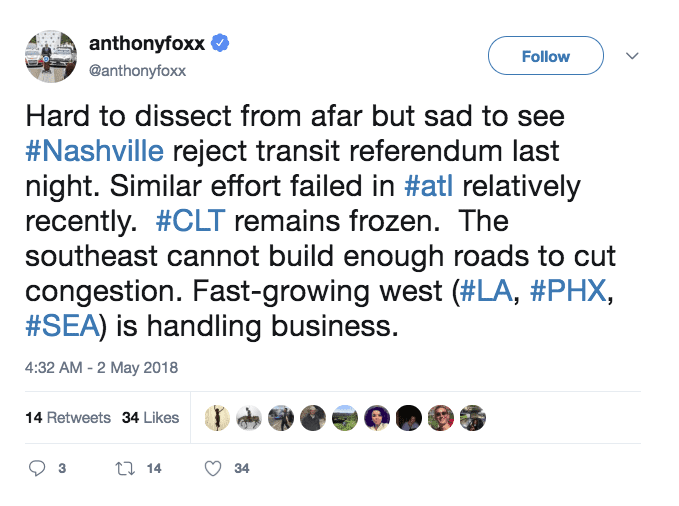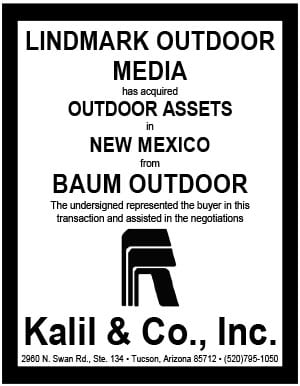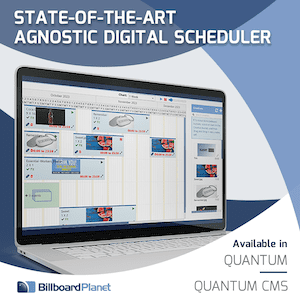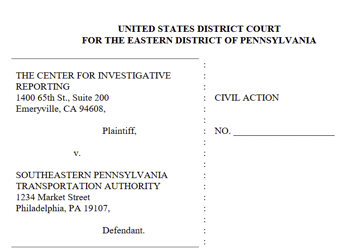 Free Speech Challenge in Philly
Free Speech Challenge in Philly
Another major transit system faces a First Amendment challenge to restrictions on controversial advertising.
On May 2, the Center for Investigative Reporting sued the Southeastern Pennsylvania Transportation Authority (SEPTA), which had rejected the Center’s application as political issue-based advertising. The plaintiff, based in California, is represented by the American Civil Liberties Union (ACLU).
Transit policies typically limit ads that are deceitful, vulgar, or controversial. SEPTA, based in Philadelphia, bans ads that are “political in nature,” or express/advocate opinions on matters of public debate.
Early in 2018, the award-winning Center for Investigative Reporting sought to buy ads on the interior of SEPTA’s buses to promote its reporting that showed racial disparities in mortgage lending. SEPTA rejected the ads, citing its standards to bar ads that take “a position on issues that are matters of political, economic, and social debate.”
The lawsuit claims:
- SEPTA’s policy is too broad/vague
- SEPTA, by accepting a wide range of commercial and non-commercial ads, has created a “public forum” that should accept varying viewpoints
- SEPTA’s ad restrictions are based on content, and therefore violate the Free Speech clause of the First Amendment
The transit authority says it is acting in the public interest to prevent its stations and vehicles from becoming forums for political debate. Public transit should create a welcoming environment for customers and employees, SEPTA said.
The plaintiff is represented by top legal talent. The 15-page complaint, filed in federal court, pointed out that advertising screens in the SEPTA system also display news about politics and controversial issues.
In Washington, DC, the Archdiocese is challenging the regional transit system’s refusal to sell a Christmas-themed ad. The US Department of Justice is supporting the Archdiocese, citing First Amendment protection of freedom of religion.
Nashville ballot measure
Voters in Nashville rejected tax hikes to pay for transit by a 2-to-1 margin on May 1.
Nashville’s transit plan would have increased the city’s sales tax, hotel-motel tax, business and excise tax, and car rental tax to fund a $5.4 billion transit infrastructure plan.
Former US Transportation Secretary Anthony Foxx shared his disappointment in an early-morning Tweet:
[wpforms id=”9787″]
Paid Advertisment
